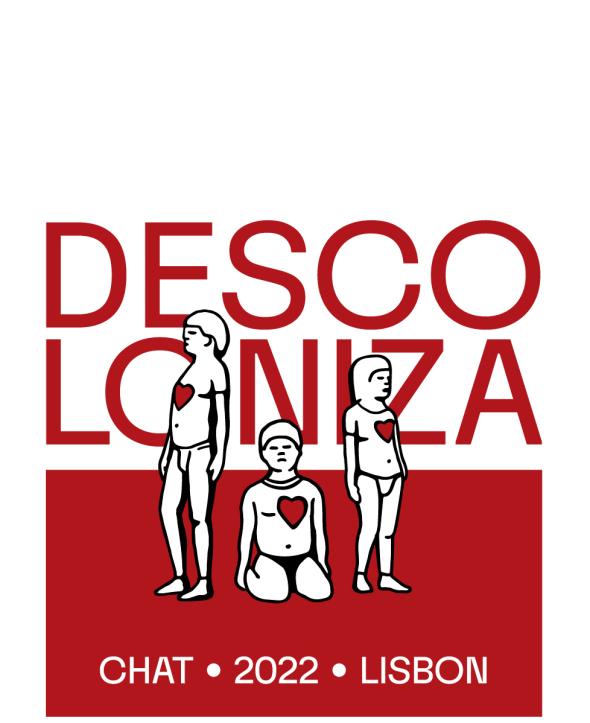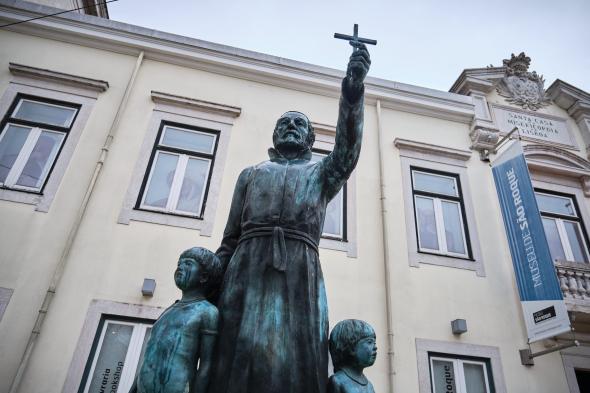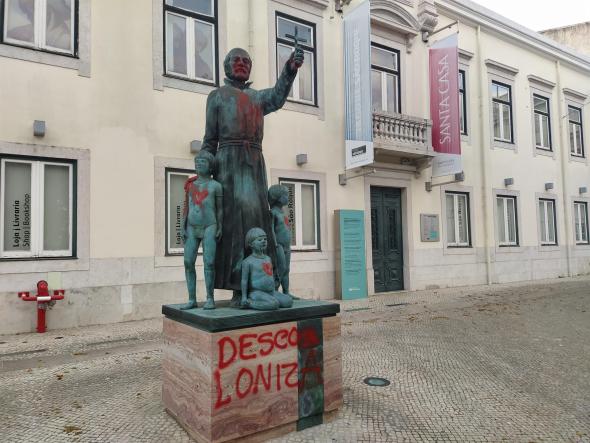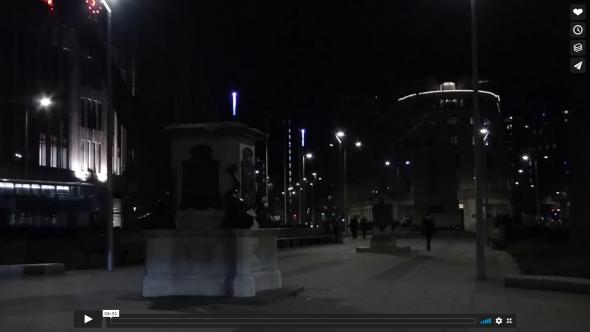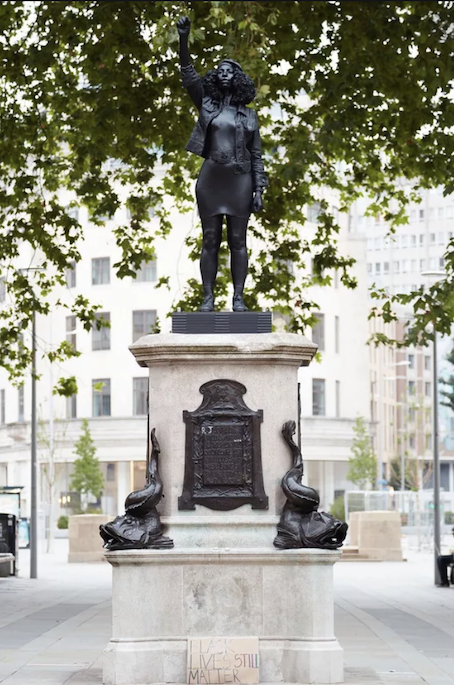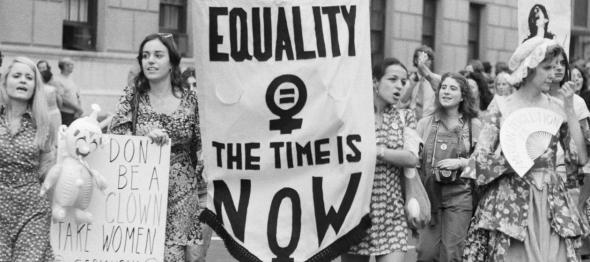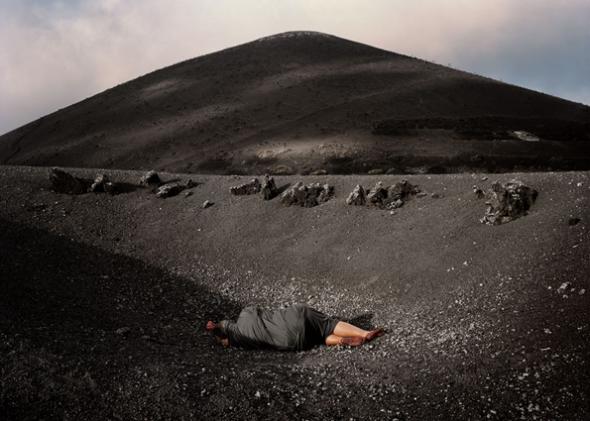europe
Postes avec la étiquette europe
Archives
Auteur
- administrador
- adrianabarbosa
- Alícia Gaspar
- arimildesoares
- camillediard
- candela
- catarinasanto
- claudiar
- cristinasalvador
- franciscabagulho
- guilhermecartaxo
- herminiobovino
- joanapereira
- joanapires
- keitamayanda
- luisestevao
- mariadias
- marialuz
- mariana
- marianapinho
- mariapicarra
- mariaprata
- martacacador
- martalanca
- martamestre
- nadinesiegert
- Nélida Brito
- NilzangelaSouza
- otavioraposo
- raul f. curvelo
- ritadamasio
- samirapereira
- Victor Hugo Lopes
Data
- avril 2025
- mars 2025
- février 2025
- janvier 2025
- décembre 2024
- novembre 2024
- octobre 2024
- septembre 2024
- août 2024
- juillet 2024
- juin 2024
- mai 2024
Étiquettes
- Centro Municipal de Arte Hélio Oiticica
- cinema
- de Nuno de Fragoso Vidal & Justino Pinto de Andrade
- DJ Satelite
- emissão online
- fernando pessoa
- FesThink
- festival materiais diversos
- HANGAR
- Malange
- mediterranean
- moda
- neusa sousa
- pós-colonial
- pós-colonialist
- Rap Kriolo
- saúde
- sexualities
- Silvia Rivera Cusicanqui
- TEN CITIES
Les plus lus
- AFROTOPIAS: artistas do pós-independência 17 Abril I Bruxelas
- 7th Queering Afro-Luso-Brazilian Studies Conference
- PÓS-MUSEU: 'A' de Ausência
- Uma Ecologia Decolonial - Conferência por Malcom Ferdinand
- Hanami, a primeira longa-metragem da realizadora Denise Fernandes, Cabo Verde
- Paisagens de Fogo: Uma história política e ambiental dos grandes incêndios em Portugal
- Programa de apoio à pesquisa das coleções fílmicas da Cinemateca Portuguesa-Museu do Cinema (2025)
- Curadoras macaenses da Bienal de Veneza apresentam nova mostra
- Orlando Pantera, de Catarina Alves Costa
- Mário, 14 e 15 de Maio
